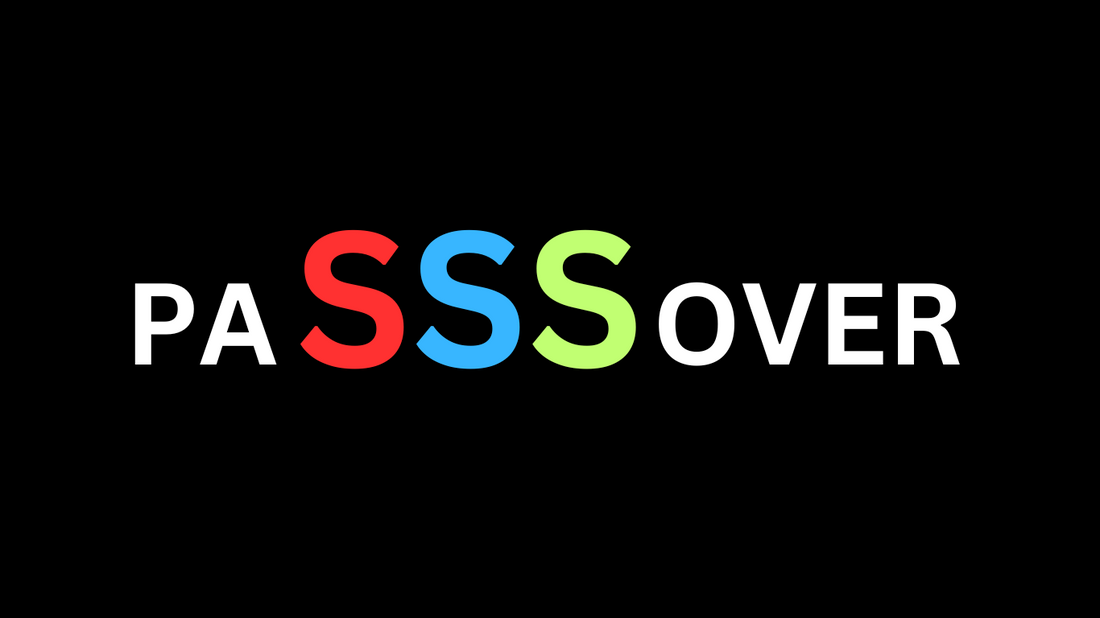by Rabbi Alexander Coleman
Life is full of ups and downs. No matter who we are, where we are, and what we are doing, we all experience challenges and painful situations. Yet, when we think about it, there's only three paths a person can travel along when facing a difficult or painful situation. The default path is Suffering, which is what most people do because changing the difficulty often requires much work and discomfort. Alternatively, we may try to Separate ourselves from the situation or it from us, such as in the case of an illness – taking medication or having surgery, or with a difficult relationship – ending it.
Now, suffering is certainly not a desirable state to be in, and separating the stress is not always a possibility nor realistic. What then is the third path? Segmentation.
This means to accept the cause of distress as a part of our lives but to segment it and put it in its own "compartment" so that the discomfort does not "leak" out and affect other aspects of our lives, leaving us feeling angry or depressed.
Nicely put, but how do we do that?
At the end of the Haggadah, after the recitation of the Ten Plagues, a three-way dispute is quoted between Rebbe Yossi HaGalili, Rebbe Eliezer, and Rebbe Akiva about how many plagues took place in Egypt and at the Splitting of the Sea. The Torah describes the ten plagues as inflicted with God's finger, and the drowning of the Egyptians at the Sea as happening with God’s hand of five fingers. Rebbe Yosse says that if ten plagues were wrought in Egypt with God's finger then 50 plagues would have been wrought with His hand at the Sea. Rabban Gamliel derives from a verse that, in fact, each plague can be subdivided into four plagues, making a total of 40 in Egypt and therefore 200 at the Sea. Finally, Rebbe Akiva derives that each plague can be subdivided into five parts, making 50 in Egypt and 250 at the Sea.
What is the message behind this seemingly redundant arithmetical exercise?
According to some commentators, the Haggadah is teaching us the lesson of analyzing and dissecting in detail all the good that occurs in any given situation. Every blessing in life can be viewed either superficially or with analysis, and the more we analyze and break down the blessing into details the more appreciative we will be. For instance, we could say thank you for a nicely prepared meal placed before us, or we could think harder into it and be thankful for all the details and planning that went into it by whoever made it. This is the trait that the Rabbis of the Haggadah are practicing as they look more and more into the details of the plagues to extract more dimensions of appreciation, that to the superficial eye, may not have been initially seen.
The Haggadah then flows into Dayeinu, which communicates the same message too but with melodious emotion. Here we break down the whole story of the Exodus into its elemental parts and declare, "Even if God would have only done this [fill in the blank] for us, it would have been enough!" The meaning of Dayeinu is not that it would have been enough vis-à-vis the Divine plan of the Exodus, but it would have been enough vis-à-vis us experiencing gratitude. Every step along the way; every detail deserves its own appreciation and joy.
This is what we should do, and this is the trick of segmentation. For it's when we are lazy about focusing on all the dimensions of an individual or all the dimensions of a situation but instead are only focused on what's missing, then we slowly but surely become hijacked by whatever negativity lies before us, and our emotions and experience are taken over.
No doubt, we have heard this idea many times before, but it does not mean we are putting it into practice, so let us make a commitment this Passover Seder to change our momentum of negativity and try harder to focus more deeply and thoroughly on the good in our lives. At the end of the day, life will always have three paths to follow: Suffering, Separation, or Segmentation. The first path of suffering is lousy, and the second one is not always an option, so let us focus on the third path and succeed in compartmentalizing the challenges, by focusing on all the surrounding good, making the negative more manageable and less likely to negatively impact our lives, or our relationships.
Happy 3S's Passover

